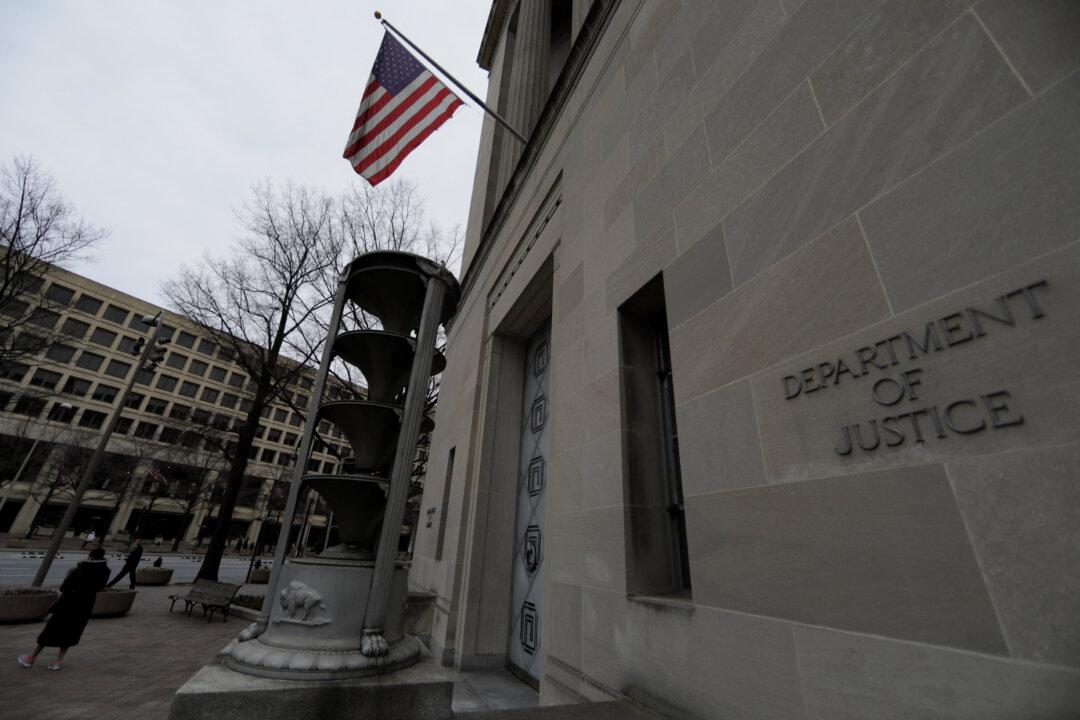A medical-care unit of DaVita Inc. has agreed to pay $270 million to resolve claims that it provided inaccurate information about patients that caused Medicare Advantage plans operated by private insurers to obtain inflated payments from the government.
The civil settlement with HealthCare Partners Holdings, which Denver-based DaVita acquired in 2012 and is in the process of selling to UnitedHealth Group Inc., was announced Oct. 1 by the Justice Department (DOJ).





